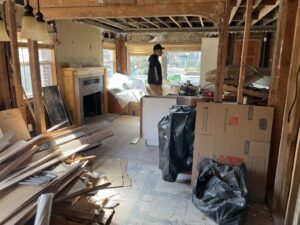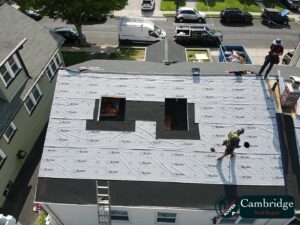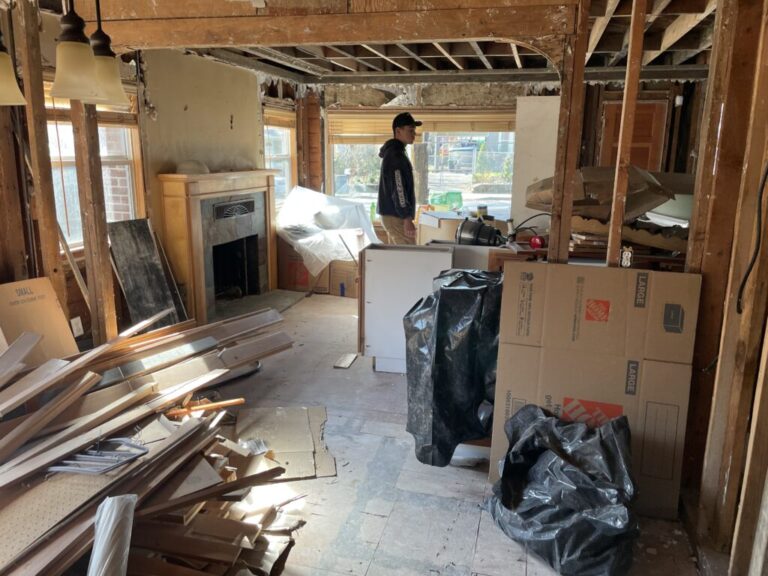When it comes to maintaining or enhancing your home’s exterior, the quality of the siding installation is paramount. Siding serves as a protective barrier against weather conditions and contributes significantly to your home’s curb appeal. With numerous contractors available, selecting the right one requires careful consideration and thorough questioning.
Asking the right questions can help you gauge a contractor’s expertise, reliability, and suitability for your project. This guide provides a list of important questions to ask residential siding contractors to ensure you make a well-informed decision.
1. What Types of Siding Do You Offer?
Different siding materials, such as vinyl, wood, fiber cement, and metal, offer varying benefits and aesthetic options. Ask the residential siding contractors about the types of siding they offer and which materials they recommend based on your home’s needs, budget, and climate. This will help you understand your options and make a choice that aligns with your preferences.
2. Are You Licensed and Insured?
Verify that the contractor is properly licensed and insured. A valid license ensures that the contractor is recognized by local authorities and meets industry standards. Insurance coverage protects you from liability in case of accidents or damage during the project. Request proof of both licensing and insurance to ensure you’re working with a reputable professional.
3. Can You Provide References and Examples of Previous Work?
Request references from past clients and examples of completed projects. Speaking with previous customers can provide insights into the contractor’s reliability, workmanship, and customer service. Reviewing their portfolio of completed projects can give you an idea of the quality of their work and whether it aligns with your expectations.
4. What Is the Project Timeline?
Inquire about the estimated timeline for completing the siding installation or repair. Understanding the start date, duration, and any potential delays will help you plan accordingly and set realistic expectations. A detailed timeline also ensures that the contractor has a clear plan for completing the project efficiently.
5. What Is the Cost Estimate and What Does It Include?
Request a detailed cost estimate that outlines all expenses associated with the project, including materials, labor, and any additional fees. Ensure that the estimate includes all potential costs and any contingencies. A clear and comprehensive estimate helps prevent misunderstandings and ensures that you stay within your budget.
6. What Is the Warranty on Materials and Labor?
Ask about the warranties provided for both materials and labor. A warranty offers protection against defects and ensures that any issues arising after installation will be addressed. Verify the duration and coverage of the warranty to ensure you have adequate protection for your investment.
7. How Will You Handle Unexpected Issues or Changes?
Discuss how the contractor handles unexpected issues or changes during the project. It’s important to understand their process for addressing unforeseen problems, such as discovering underlying damage or encountering delays. A reliable contractor should have a clear plan for managing and resolving any issues that arise.
8. What Is Your Payment Schedule?
Clarify the payment schedule and terms before starting the project. Determine when payments are due, whether there are any upfront deposits, and the accepted methods of payment. A clear payment schedule helps avoid disputes and ensures that both parties are on the same page regarding financial arrangements.



















+ There are no comments
Add yours